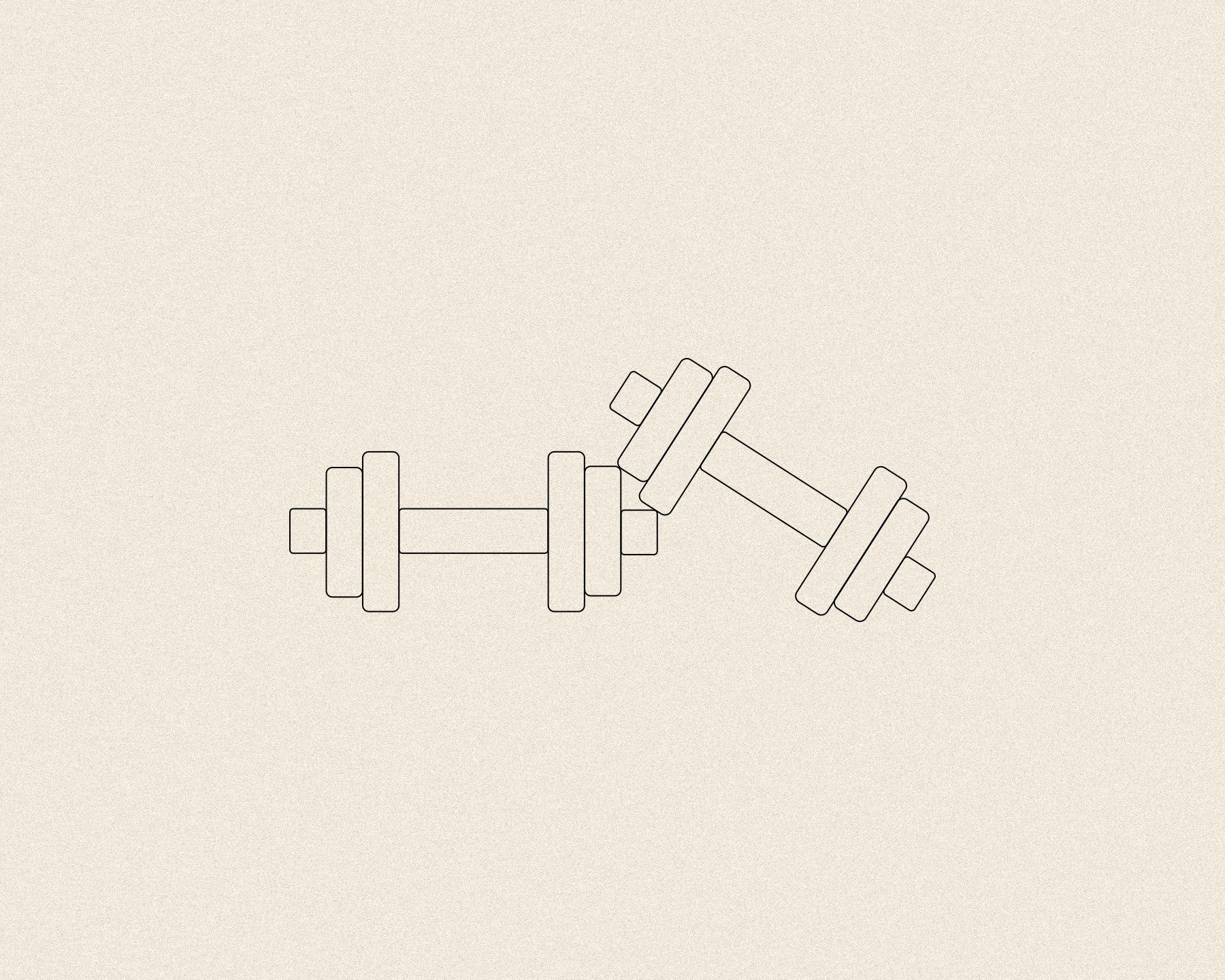week three: grief stays with us
When big things happen in life they alter us – sometimes we see those affects physically like a scar after an injury or emotionally like protecting our heart more after a breakup. Grief does that but in almost every way imaginable – even physically. Accepting that our lives are now different, and that a loved one, relationship or constant in life is no longer can be painful and even involves changes in the brain. Who knew?!

Grief is that immediate emotional state that feels like the wind has been knocked out of you or enough to make you fall off your feet. While grieving is a longer act over time that happens as we adapt to the fact this change has happened and is irreversible and the fact we’re carrying that absence with us. The fact of the matter is that grief is a natural response to a loss, so in turn we’ll feel grief forever. It can jump out of nowhere – maybe on your wedding day when you face the fact your mom isn’t there with you or when you see a funny movie and want to call your ex friend to talk about it but know you no longer can. With time our experience in grieving does change and evolve, though it will never leave you. The more you experience the immediate feeling of grief, the more your brain can comprehend the grieving process that is to come.
As science progresses the understanding of how grief impacts us, and our brain, scientists have been able to identify physical components of grief. These symptoms can range from having struggles recalling memories, inability to regulate your heart rate, affecting your concentration and cognition and the feeling of brain fog. Grief can affect your mind and body the same way a traumatic experience can – because some grief in itself is traumatic. If we don’t work through our traumatic experiences, even those unrelated to grief, they will continue being an obstacle in our life. Like we explored last week, the best way to heal is to allow yourself to feel.
Once you’ve experienced grief and grieving, you understand you have experienced something profound in life. Though you haven’t been diagnosed with a fatal disease or a life altering disability, the impact of grief can often feel that large and you’ll wonder if you’ll ever get over it. Nora McInerny shared in her TED talk, “We Don’t ‘Move On’ from Grief, We Move Forward With It’ explains how it may feel fatal even when we know it isn’t. Nora explains that grief is a ‘multitasking’ emotion: you can feel sad and happy, be grieving and yet be able to love, all at the same time. This goes back to allowing yourself the grace and ability to feel two conflicting emotions at once. Grieving is the prime example of this in life.
Knowing that grief never leaves us gives you the opportunity to be kinder to yourself as you navigate your new world and life. For some the heavy weight of grief may last a few months while others will experience the weight for years. The side effects from grief can also linger much longer than a few weeks or months, and again, remember everyone's experience is unique to themselves so be kind to yourself if you feel you aren’t healing ‘fast enough’. By accepting and embracing your own unique grieving experience can give you the peace and understanding to adjust to your new life while still holding space and love for what you’ve lost.





Leave a comment
This site is protected by hCaptcha and the hCaptcha Privacy Policy and Terms of Service apply.